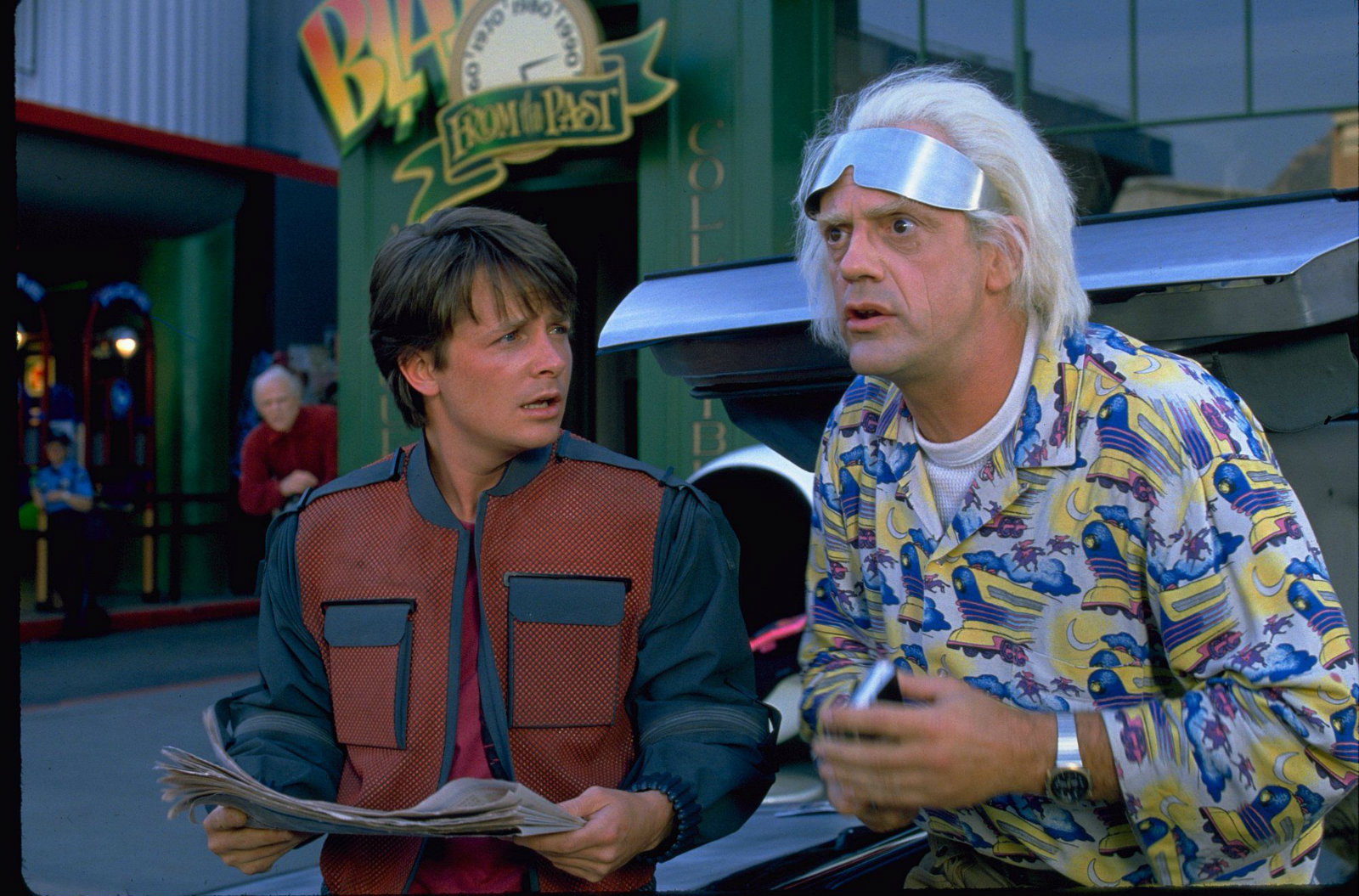The art of prediction: Can we tell what the future holds? While it is probably unreasonable to expect the average person to develop a level of foresight of, say, a clairvoyant camel and an oracular octopus, the art of prediction is to some extent learnable. The most famous research on prediction was done by political scientist Philip Tetlock in his seminal 2006 book Expert Political Judgment, as this article in the Harvard Business Review details. Over six months, Tetlock and his team analyzed 150k forecasts by 743 participants competing to predict 199 world events.
Understanding the big picture: Those who made multiple and balanced explanations performed better than those who relied on a single big idea. If you were to pick at random, stats say you’ll be wrong half the time.
A few factors come into play for accurate predictions: Intelligence, experience, and practice, obviously, play a big role. But do not skip on teamwork, Quartz suggests, as evident by the 1983 American comedy film Trading Places.
One thing to worry about is bias: We tend to favor certain outcomes against others whether we like it or not, and training against this was seen massively improving predictions results.
It’s only important for managers to hone their predictive powers, right? Wrong. We, humans, are wired to make spontaneous and unconscious actions in a network of assumptions of continuity or change, according to Bechtle Magazine. Thinking of starting a family, taking a loan, or trying to decide where to eat? All of these everyday choices require an element of predictive skill. You may not be able to see the future of the universe, but you can observe and understand before coming to a reasonable conclusion.






